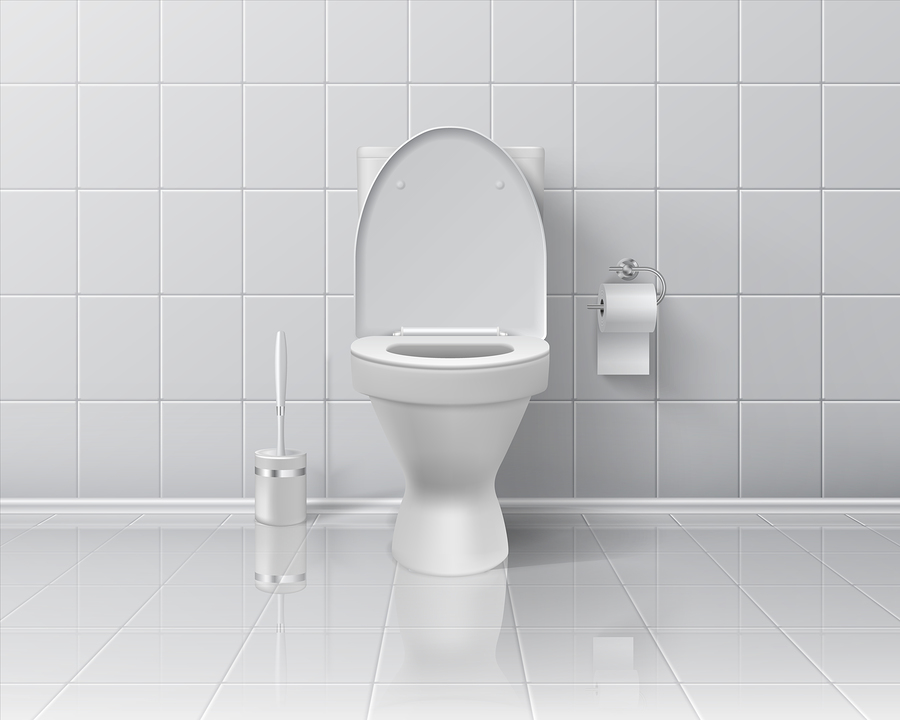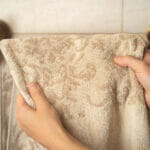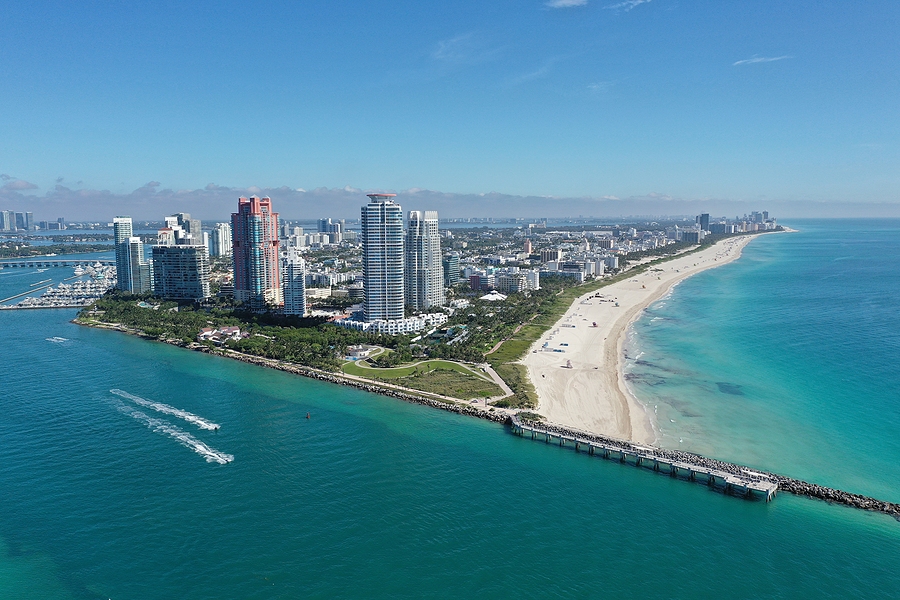Have you ever wondered how much toilet waste is not supposed to be entering our systems? Though the global reporting of actual figures of sewage waste is not available, you may be shocked that some reports estimate paper towels from restrooms make up as much as 50% of the waste products. Another 25% is made up of baby wipes!
The impact of sewage-related litter is staggering and has far-reaching consequences for humans, animals, and our environment. Along with shipping-related litter and industry microplastics, sewage-related litter is a huge contributor to marine and beach waste. This occurs because many waste products that are flushed, such as cotton buds, pass through the treatment filters of waste management sites. Flushing random objects down the toilet also cause a tremendous amount of unwanted and potentially harmful chemicals to enter the wastewater treatment system.
Disposing of medication
Table of Contents
Since the widespread use and overuse of pharmaceuticals, there has been a significant lack of understanding when it comes to the safe disposal of tablets, capsules, or even medicated syrups. Medications containing hormones and antidepressants are especially impacting aquatic species and polluting our natural water sources.
What can be done to prevent the medication from impacting our precious environment is to make sure you safely dispose of your medications, ensuring first that the pharmaceuticals are modified in some way to dissolve them or deter anyone from its consumption. You could do this by adding vinegar, table salt, flour, or any powdered spice. Leaving them in their original container to expose their contents, wrap the medications and conceal them in your garbage. Dispose of meds with your normal trash, making sure they are never visible – especially not to children.
Safe flushing
Most experts would say that only natural bodily waste and toilet paper are safe to be flushed. But, the slogan “think before you flush” can be somewhat misleading, as it implies that there are articles that should be flushed. There is an inordinate amount of items that people flush which, according to Home Ardent, should never enter the pipes. Toenail clippings, undigested food, dental floss, wipes that claim to be “flushable”, and cotton buds should definitely not be flushed, even though it can be tempting to think a little bit won’t do any damage.
One of the biggest reasons foreign objects shouldn’t enter the sewage system is because piping and plumbing are simply not equipped to handle this litter. Most items are not biodegradable and will not be able to break down after they have entered the wastewater management system. Pipes get clogged very easily and wreak havoc on the system’s capacity to cope with this piping stress.
The issue is that if everyone is thinking the same way, chances are, it won’t be so little! Even if we were to only dispose of toilet paper down the loo, we need to keep in mind how sensitive plumbing systems actually are. And if we are totally honest, should we even be flushing toilet paper?
An alternative solution
In the East – in particular parts of Asia and the Middle East – the Bidet shower is commonly used to keep clean instead of using toilet paper. Known colloquially as the bum gun, this hand-held device is hygienic, easy to use, and much better for your plumbing! With the Bidet, one is able to clean yourself, and if you use toilet paper hereafter, it is then possible to throw these used pieces straight into the bin provided.
Unfortunately, most countries do not have this sprayer and we have to wonder what we can do about clogged pipes and taking better care of our plumbing systems. The most important preventative measure that can be taken, and likely the easiest solution going forward, is to make sure that there is a safe and hygienic place to dispose of any trash in the bathroom.
Using a bin is best
Providing a bin next to the toilet is simple and effective, and is likely to deter anyone who wants to throw their items into the toilet to rather dispose of them in the bin. Usually, when there is no bin available, this is when guests, those living in your house, or people attending your restaurant or shop, will become desperate to get rid of their trash and use the toilet as the last resort.
It is concerning that many people do not know about the impact sewage-related trash has on our environment, but we each must speak out and tell our friends and family of the harm it does in the long run. Even if your system doesn’t get blocked up, we must make an effort to relieve our plumbing systems of chemicals and material waste objects. This is better for our toilets and definitely for our environment!
Image Source: BigStockPhoto.com (Licensed)
Related Categories: Home, Health, Reviews








